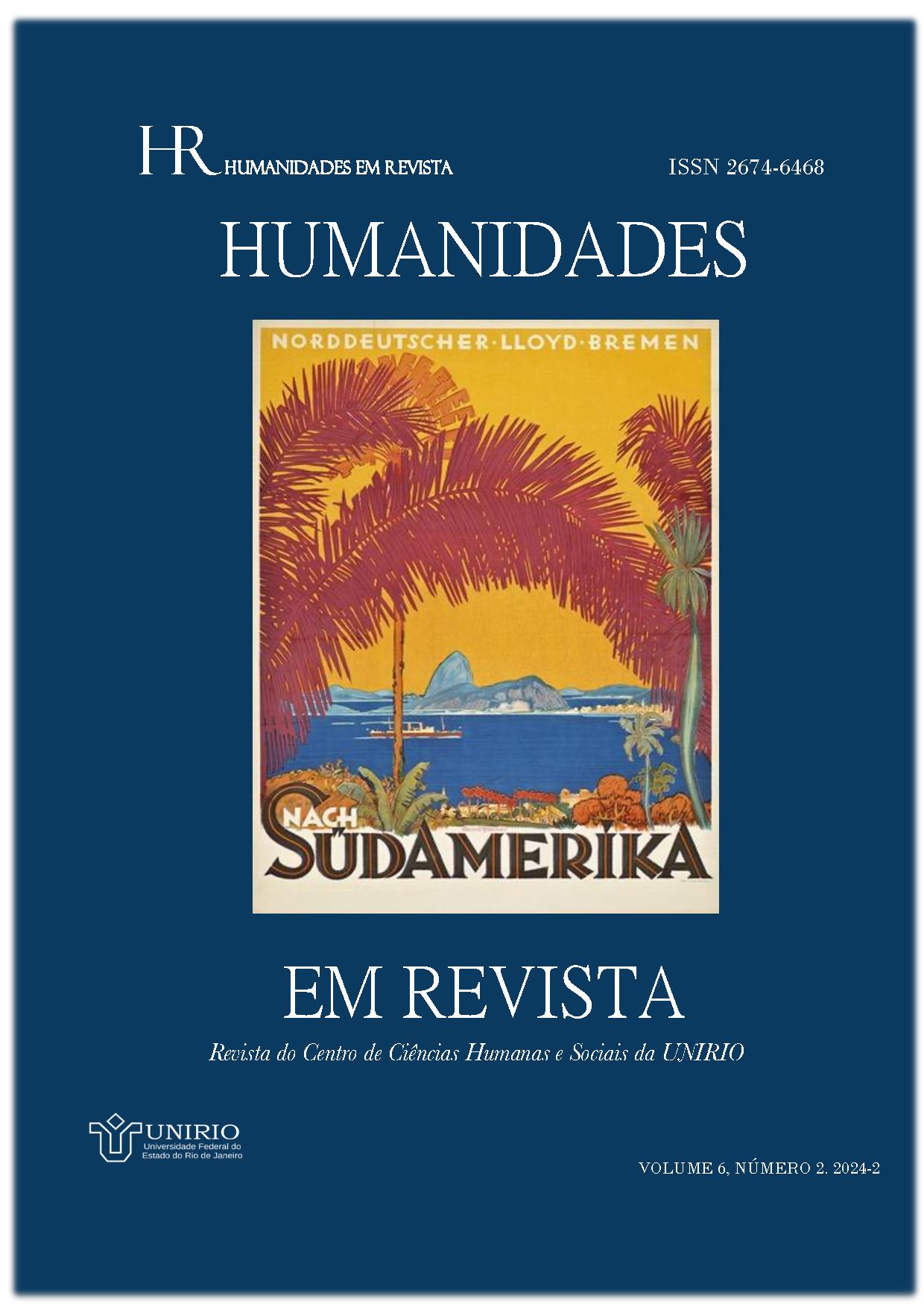ACCESSIBILITY AND THE RIGHT TO INFORMATION IN THE DIGITAL ERA
Keywords:
Person/People with Disabilities (PWD); Digital Age; Information; ICDT.Abstract
This article deals with the right to information for Person/People with Disabilities (PWDs) in the current era of digital information. PWDs are those who have long-term impairments of a physical, mental, intellectual or sensory nature, which, in interaction with various barriers, can obstruct their full and effective participation in society on equal terms with other people. According to the UN (2021), more than one billion people around the world have some type of permanent or temporary limitation, which corresponds to 15% of the world's population, with 80% of this total living in developing countries. The main objective of this research is to discuss the right of PWDs to information in the digital age. The methodology is exploratory and descriptive. Based on a bibliographical analysis, it discusses the issue of PWDs, the information and the relevant legislation. Sources analysed, both primary an secondary, bring to light the legislation that supports PWDs in their right to digital information and point out necessary advances in this context.Downloads
Downloads
Published
How to Cite
Issue
Section
License
Copyright (c) 2024 Maria Jaqueline Elicher, Anna Carolina Pereira Rocha, Stephanie Porto de Oliveira, Bruna Ranção Conti

This work is licensed under a Creative Commons Attribution-NonCommercial-NoDerivatives 4.0 International License.
Os direitos autorais de qualquer trabalho publicado na Revista pertencerão aos autores. Não haverá qualquer pagamento pela publicação na Revista e a aceitação dos originais implicará na aceitação das condições descritas nas informações sobre a revista constantes do escopo e de todas as regras apresentadas, assim como o respeito à legislação e às normas vigentes concernentes a publicações. A UNIRIO e seus entes subordinados não se responsabilizarão por quaisquer equívocos, questões e contendas entre autores, participantes e/ou entes institucionais que sobrevenham às publicações. O e-mail do autor será disponibilizado no trabalho.
A revista oferece acesso livre imediato ao seu conteúdo, seguindo o princípio de que disponibilizar gratuitamente o conhecimento científico ao público proporciona maior democratização mundial do conhecimento, sempre dentro dos limites da legislação de direito de autor e de direitos conexos. É adotada a licença Crative Commons do tipo “Atribuição-Não Comercial-Sem Derivações 4.0 Internacional (CC BY-NC-ND 4.0)”, acessível em: https://creativecommons.org/licenses/by-nc-nd/4.0/legalcode.pt , segundo a qual, em linhas gerais, é permitindo fazer o download dos trabalhos e o seu compartilhamento para fins educacionais, desde que sejam atribuídos os créditos a seus autores, citando também o repositório dos trabalhos, e sem que se possa alterar o material de nenhuma forma ou utilizá-lo para fins comerciais.










